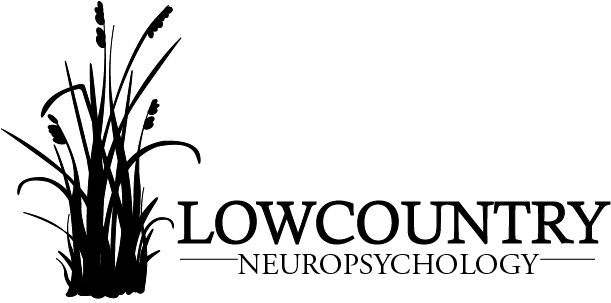What is a concussion?
A concussion is a mild traumatic brain injury typically caused by acceleration/deceleration forces from a blow to the head or body. These forces produce biochemical and neurometabolic changes in the brain that typically evolve dynamically over time following the injury.
A concussion can result in diverse symptoms that are somatic (e.g., headache, nausea, or dizziness), cognitive (e.g., difficulty with attention and concentration, memory, or information processing speed), and psychological (e.g., anxiety and emotional lability). The symptoms of concussion usually resolve within 7 – 10 days in college-age and professional athletes. Some people might be vulnerable to slower or more complicated recoveries, including women, athletes with comorbid neurologic or psychiatric disorders or substance abuse issues, or individuals with previous prior history of multiple concussions. Children and adolescents might be at greater risk for slower recovery than young adults. Although most athletes recover relatively quickly from a concussion, some experience protracted symptoms and problems that can linger for many weeks to months (cf. Echemendia, 2006; McCrory et al., 2009).
What does recovery look like?
Research clearly documents the individual nature of concussion recovery. Multiple factors appear to relate to recovery duration in mTBI. While most children and adolescents recover within 1-3 weeks, but there are others who have more protracted recovery periods. Some at-risk factors appear to be previous concussion, learning disability, ADHD, headache history, and previous vestibular/balance problems. Younger patients may take longer to recover. The literature suggests gender differences in recovery as well.
The complexity of both neurological and psychological factors relevant to concussion management underscores the important role of the neuropsychologist based on their training, expertise, and scope of clinical practice. Neuropsychologists are uniquely qualified to assess an athlete’s cognitive and psychological functioning following concussion. Neuropsychologists can provide early intervention in the form of education and reassurance, monitor an athlete’s return to school, and treat emotional problems that might arise during the recovery period.
As the science of concussion evaluation and treatment continues to evolve, it has become clear that multimodal assessment including not only review of symptoms but objective measures of neurocognitive status, postural stability, vestibular and oculomotor functions are necessary. Assessment of the patient’s mood and emotional state is also critical.
Multimodal assessment and multidisciplinary communication and coordination of treatment is considered the standard of care with respect to concussion management. Neuropsychologists, primary physicians, team physicians, neurologists, physical therapists, and athletic trainers all have distinct and critical roles to play in the care of the patient with concussion. There is no support for a single clinician to assess and manage complex patients with delayed recovery. It is critical for those individuals with a history of multiple concussions or delayed recovery to see a board certified neuropsychologist specializing in concussion assessment as part of the assessment and care team.
What do we do to help?
Dr. Conroy utilizes an integration of computer-based and traditional testing tools to measure the cited critical functions. These objective assessments along with the clinical experience of 20+ years of working with patients with concussions and more severe brain injuries enable Dr. Conroy to share the information with members of the care team that is critical for developmental of an individualized care plan. This care plan and ongoing monitoring and assessment are the best ways to ensure safe and appropriate return to school, work and athletic competition.
Neuropsychologists play a critical role in “return to play” and “return to work” decision making. For students, Dr. Conroy works with school personnel to develop the appropriate accommodation plan (“504 Plan”).

